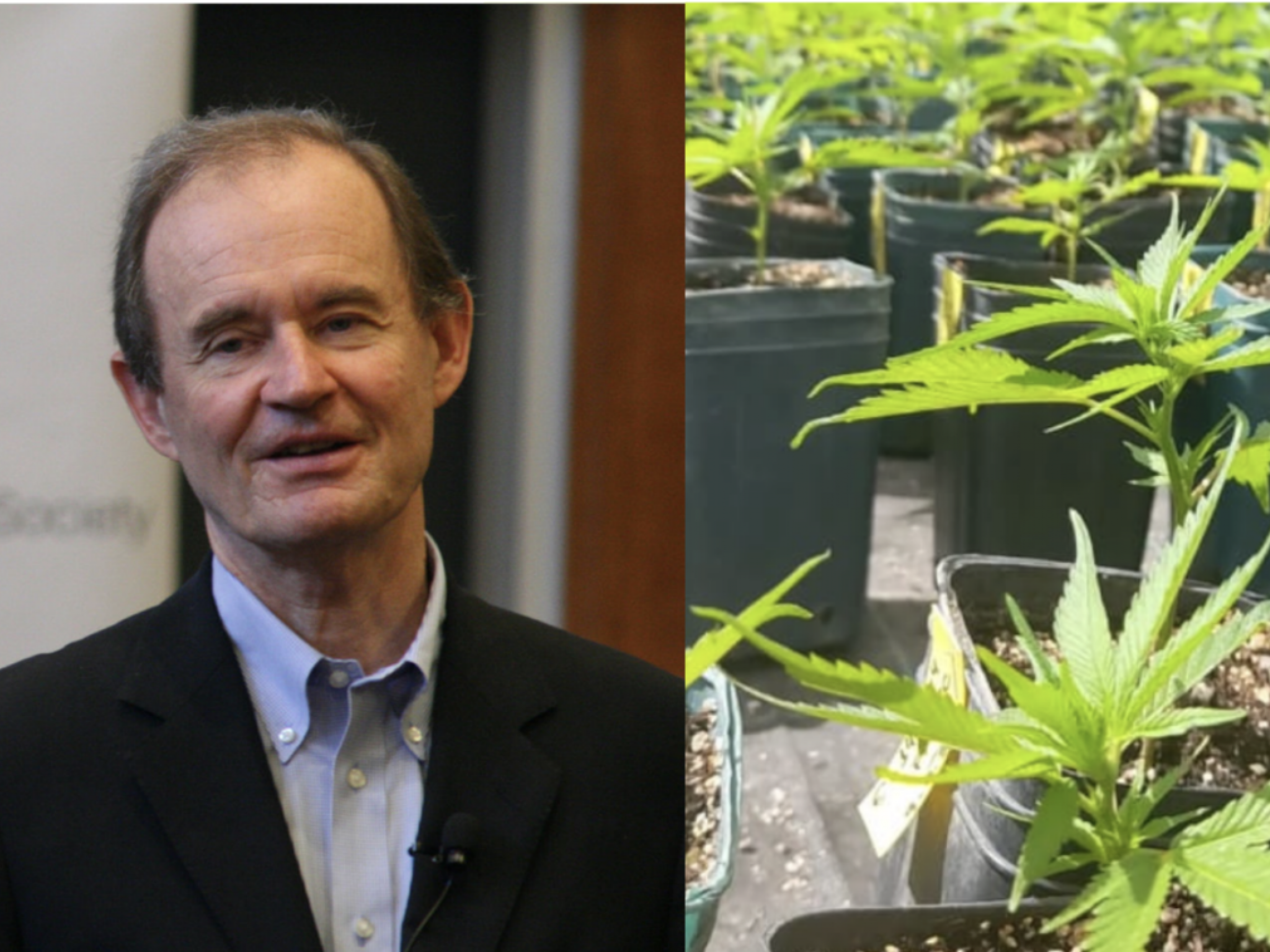
"Regulating intra and interstate commerce was only a means to the end of eradicating it. That is a goal that has been abandoned," said David Boies during oral arguments Tuesday, as he defended the need to revive a landmark case dismissed this past July.
The case that marked one of the ways for the cannabis industry to partly resolve its lagging prohibition is at a crossroads as Massachusetts-based businesses push back against the dismissal.
What Happened: In the case, Canna Provisions, Inc., et al. v. Garland, MA-based businesses seek to overturn the Controlled Substances Act (CSA) as it applies to intrastate cannabis activities.
David Boies is renowned for high-profile cases like representing former Vice President Al Gore and challenging California's same-sex marriage ban.
Challenging Federal Authority
The discussion held at the oral arguments hearing was mainly about precedents. The main argument by plaintiffs is that the 2005 Supreme Court decision in Gonzales v. Raich is outdated. Since then, 24 U.S. states have legalized recreational marijuana and 38 allow medical marijuana use. The plaintiffs contend that these changes warrant a re-evaluation of Raich's stance on federal regulation under the Commerce Clause.
Additionally, the Rohrabacher-Farr Amendment plays a crucial role. This amendment restricts the Department of Justice from using funds to interfere with state medical marijuana laws. The plaintiffs assert that federal marijuana policies have evolved, rendering Raich's framework obsolete.
District Court Judge Mark G. Mastroianni previously ruled against the plaintiffs, citing Raich and Congress's broad Commerce Clause powers.
The 1st Circuit Court of Appeals may consider the significant legal and legislative shifts since Raich. But, DOJ attorney Daniel Aguilar countered Boies’s arguments by asserting that if intrastate activities impact interstate commerce, federal regulation is justified.
Judges probed the plaintiffs’ claims, referencing Raich and the CSA's broader objectives, with a particular discussion over whether cannabis should be contemplated particularly in the prohibitions created by the legal framework the CSA creates.
Read Also: Federal Court Dismisses Marijuana Companies’ Lawsuit Against Government Prohibition
Get Benzinga's exclusive analysis and the top news about the cannabis industry and markets daily in your inbox for free. Subscribe to our newsletter here. If you're serious about the business, you can't afford to miss out.
Impact And Consequences
A favorable ruling could alleviate financial strains caused by federal regulations.
Jesse H. Alderman, co-chair of Foley Hoag's cannabis practice, told Massachusetts Lawyers Daily that lifting CSA restrictions would boost profitability for businesses hindered by Section 280E of the IRS Code. This section disallows tax deductions for businesses trafficking in Schedule I or II substances.
Michael P. Ross of Prince Lobel emphasized the urgent need for relief.
"It's almost impossible to be profitable in this business right now. There needs to be relief, and I think everything is needed — all hands on deck, including legislation and including this complaint," Ross said.
During oral arguments, Boies questioned whether Congress still has the authority to prohibit intrastate marijuana commerce.
If the 1st Circuit sides with the plaintiffs, it could set a national precedent limiting federal restrictions on state-legal marijuana.
This might pave the way for broader legalization and interstate commerce. Conversely, upholding Raich would reinforce federal authority, maintaining current federal oversight despite state-level legalization.
The decision will significantly influence the future of cannabis regulation.
Dates for the ruling have not yet been announced.
Photo of David Boies: Benzinga edit with Wikimedia Commons photo







